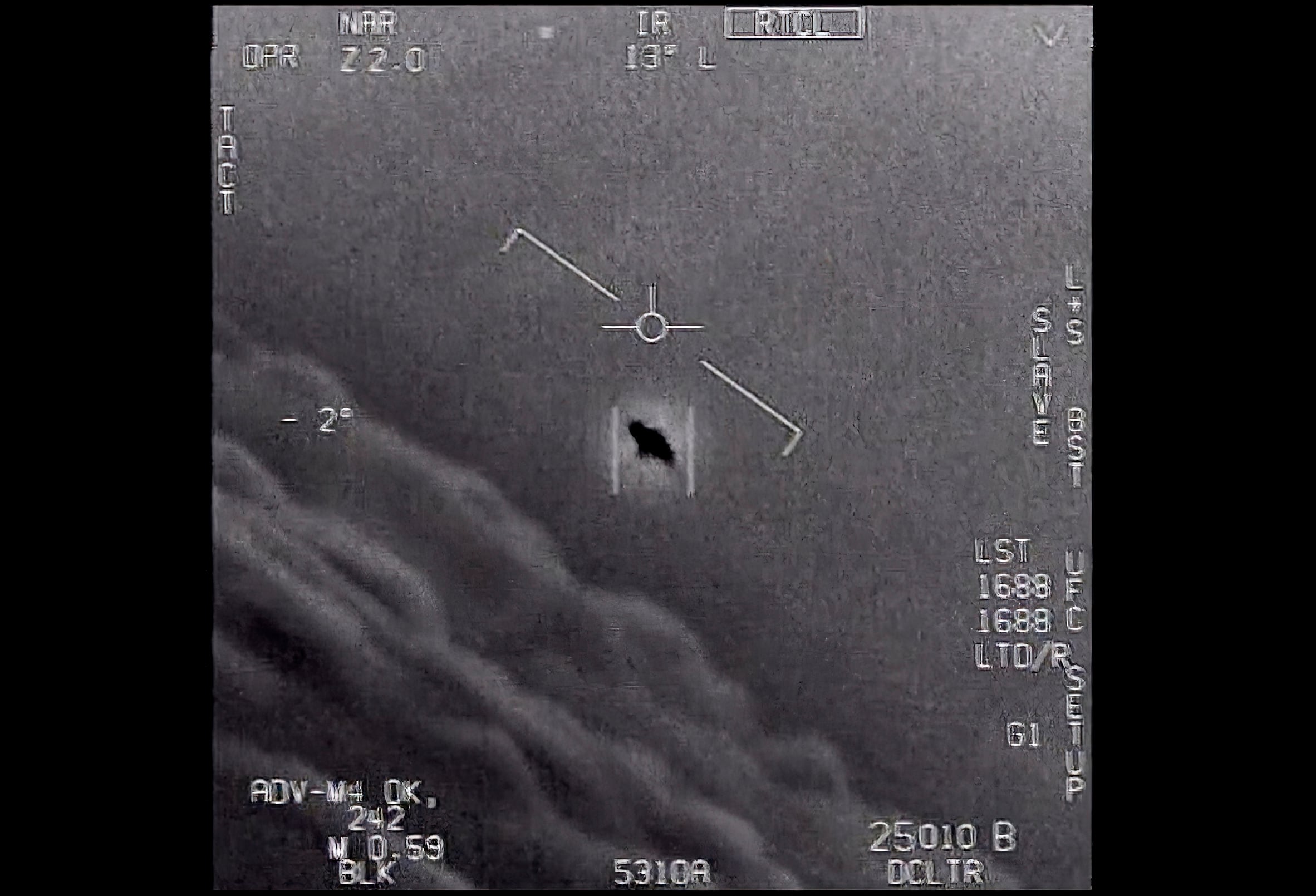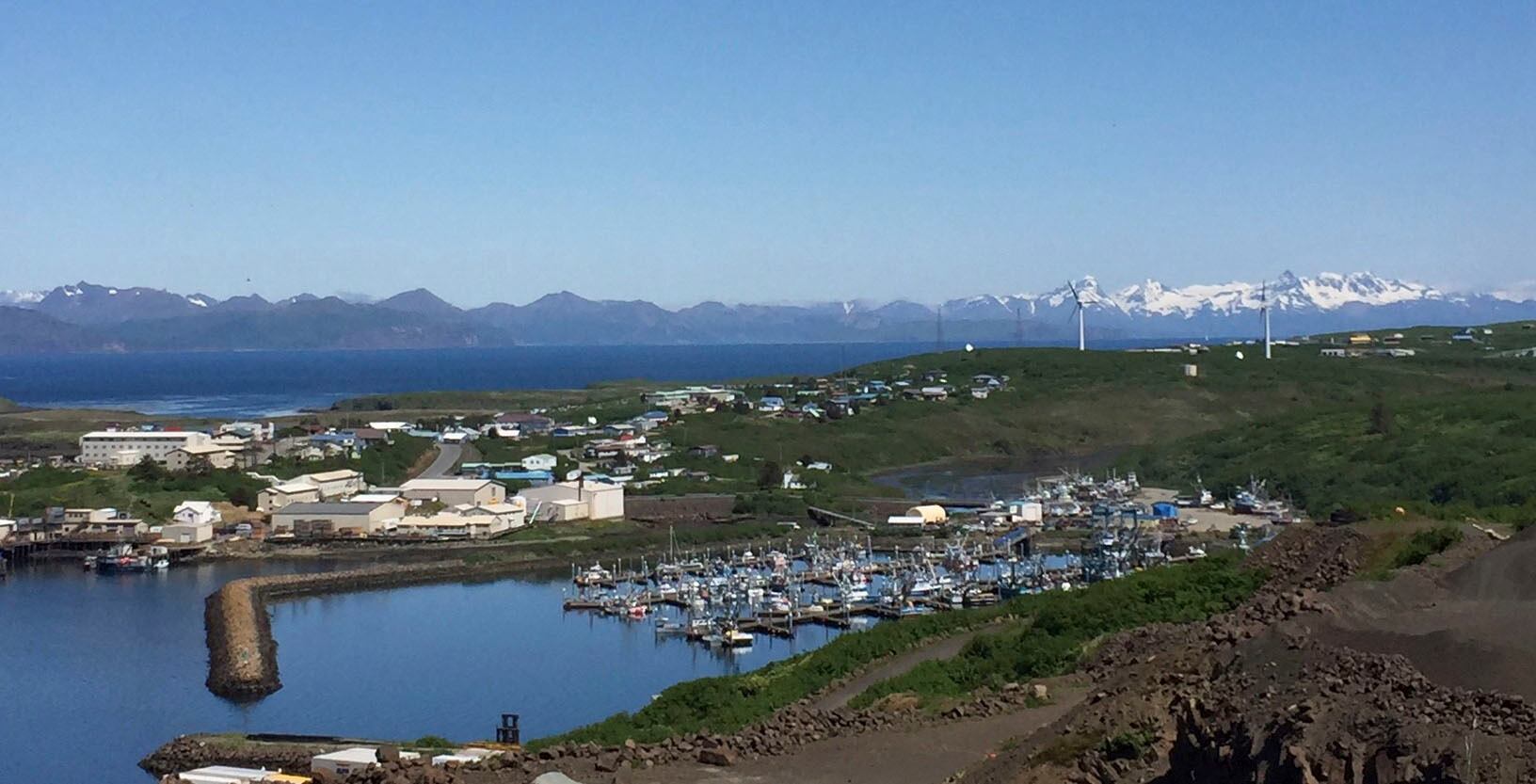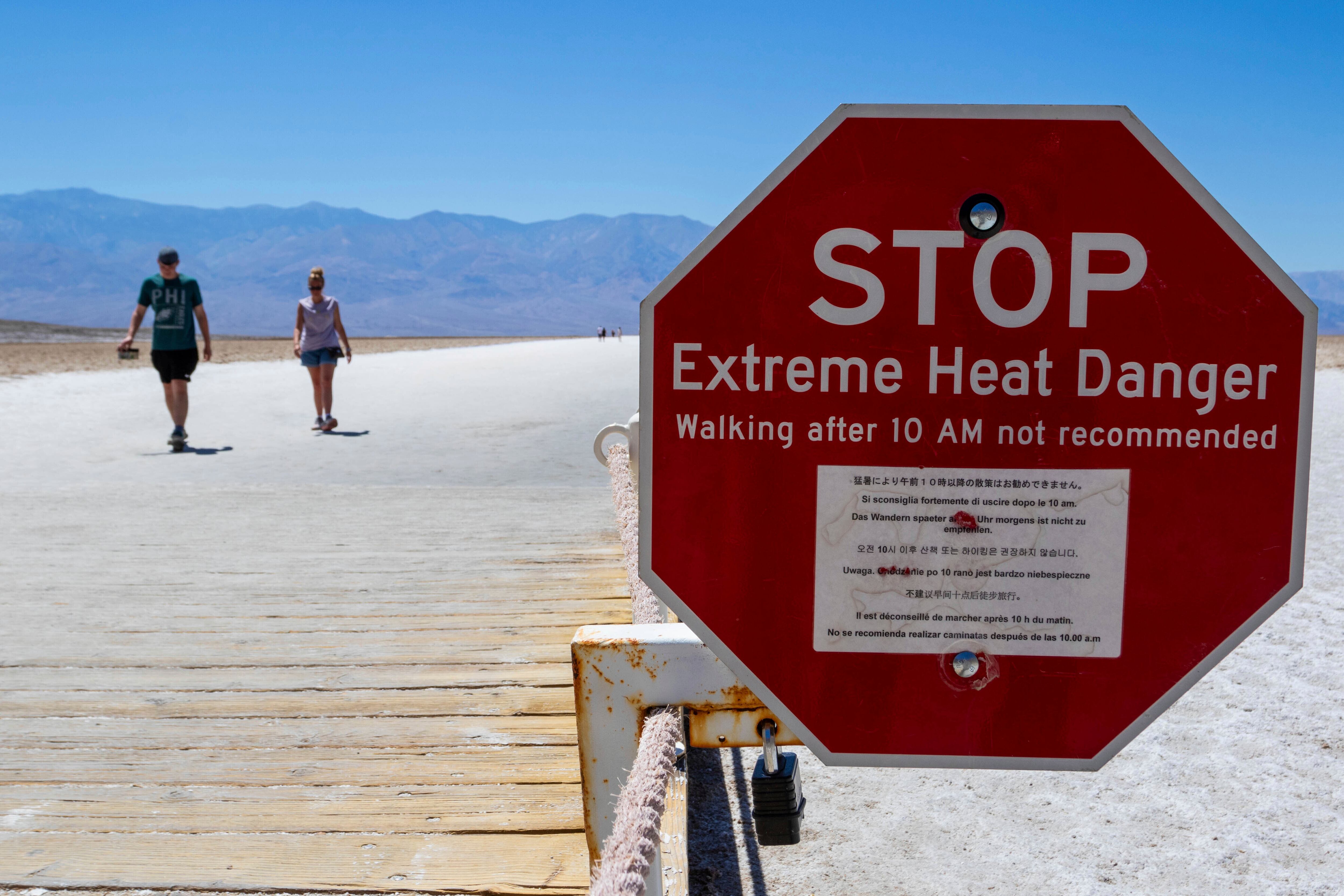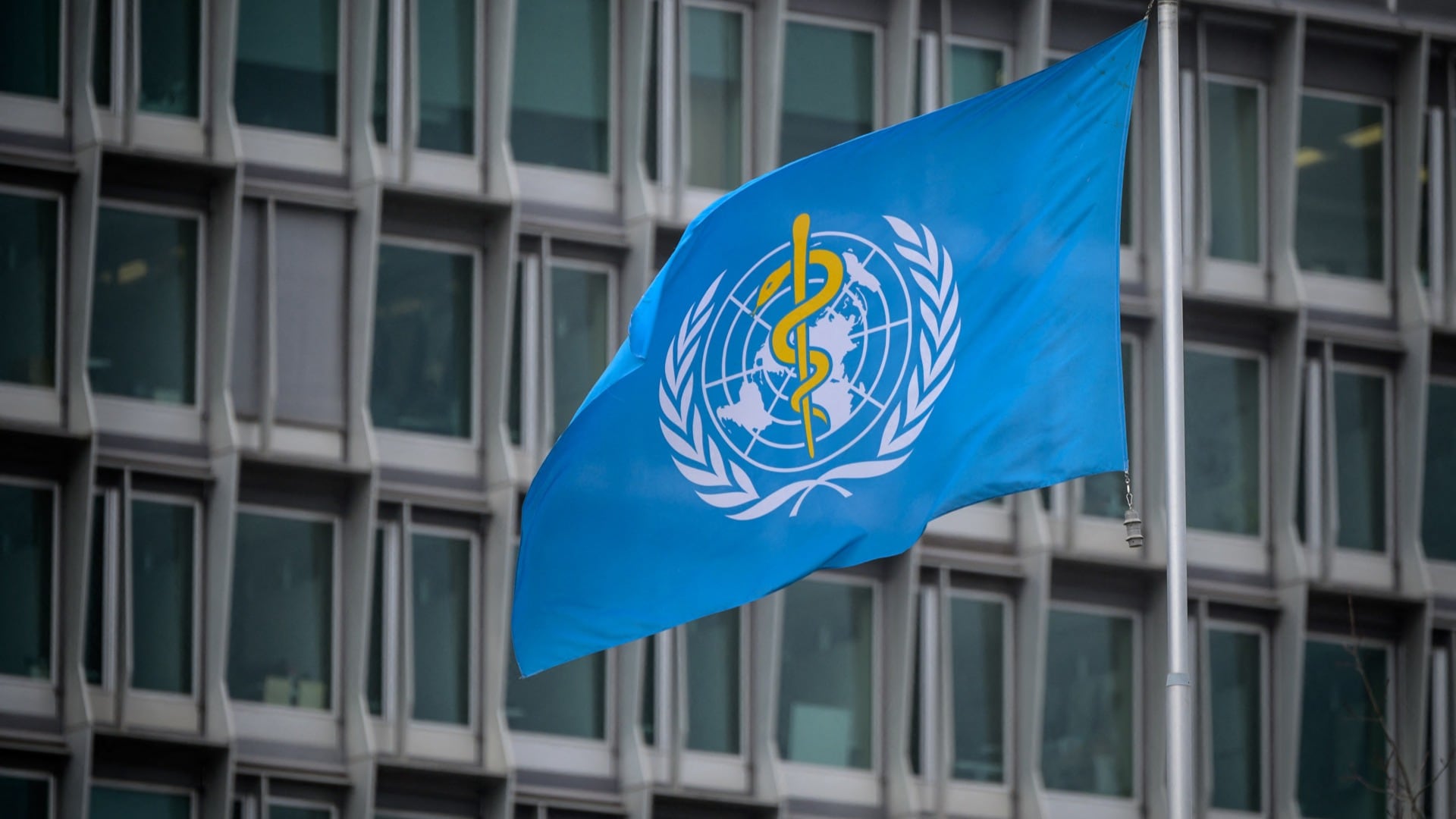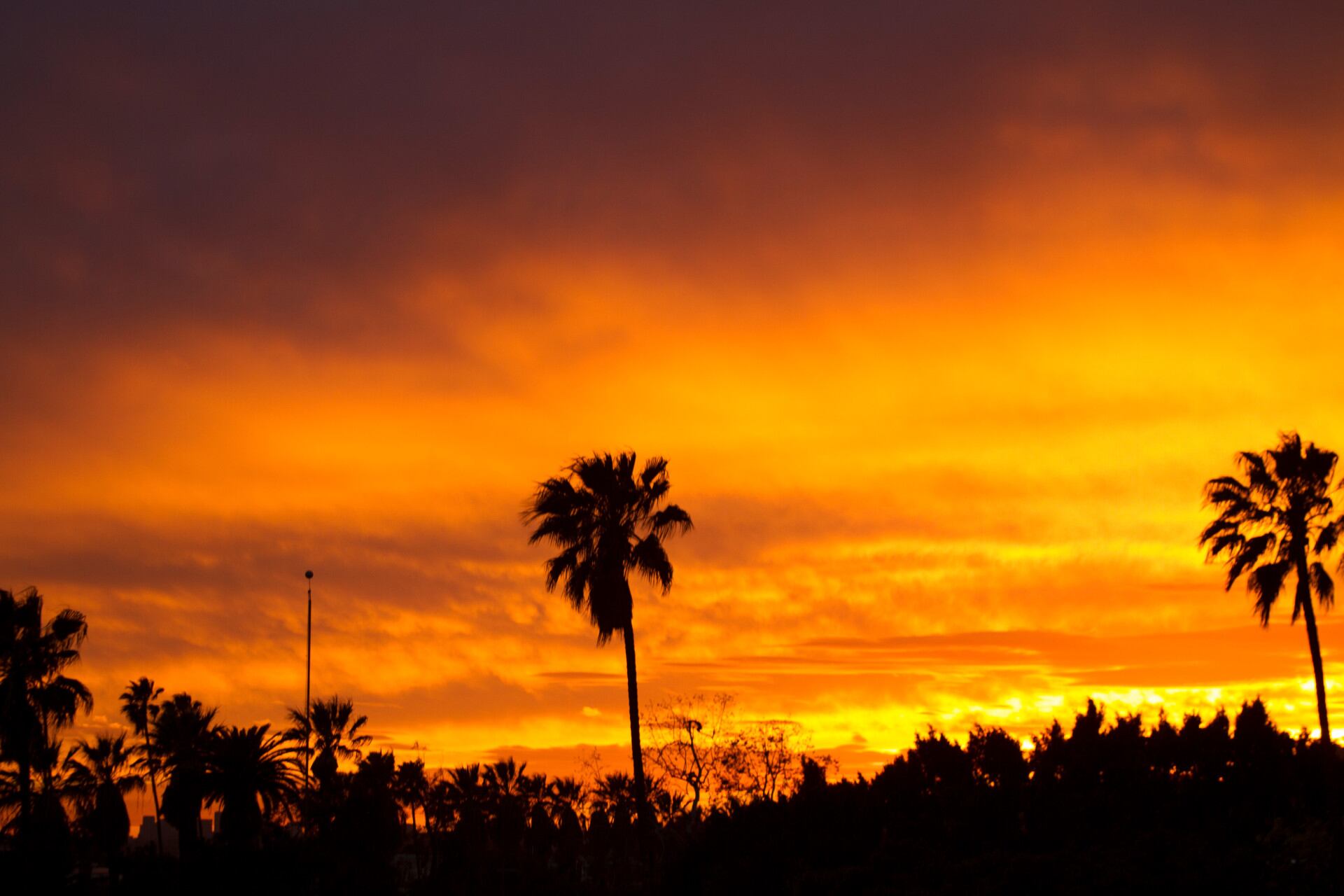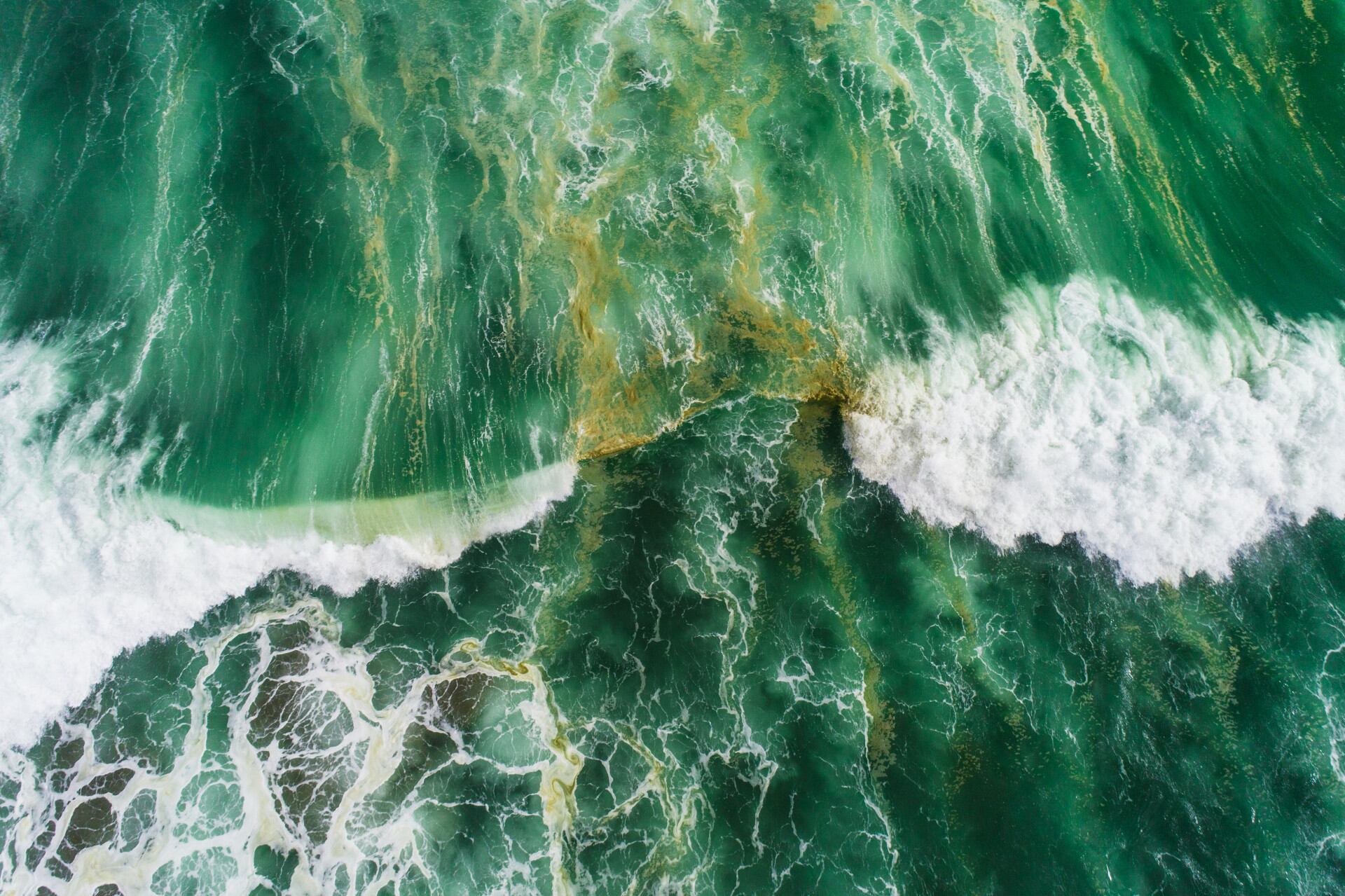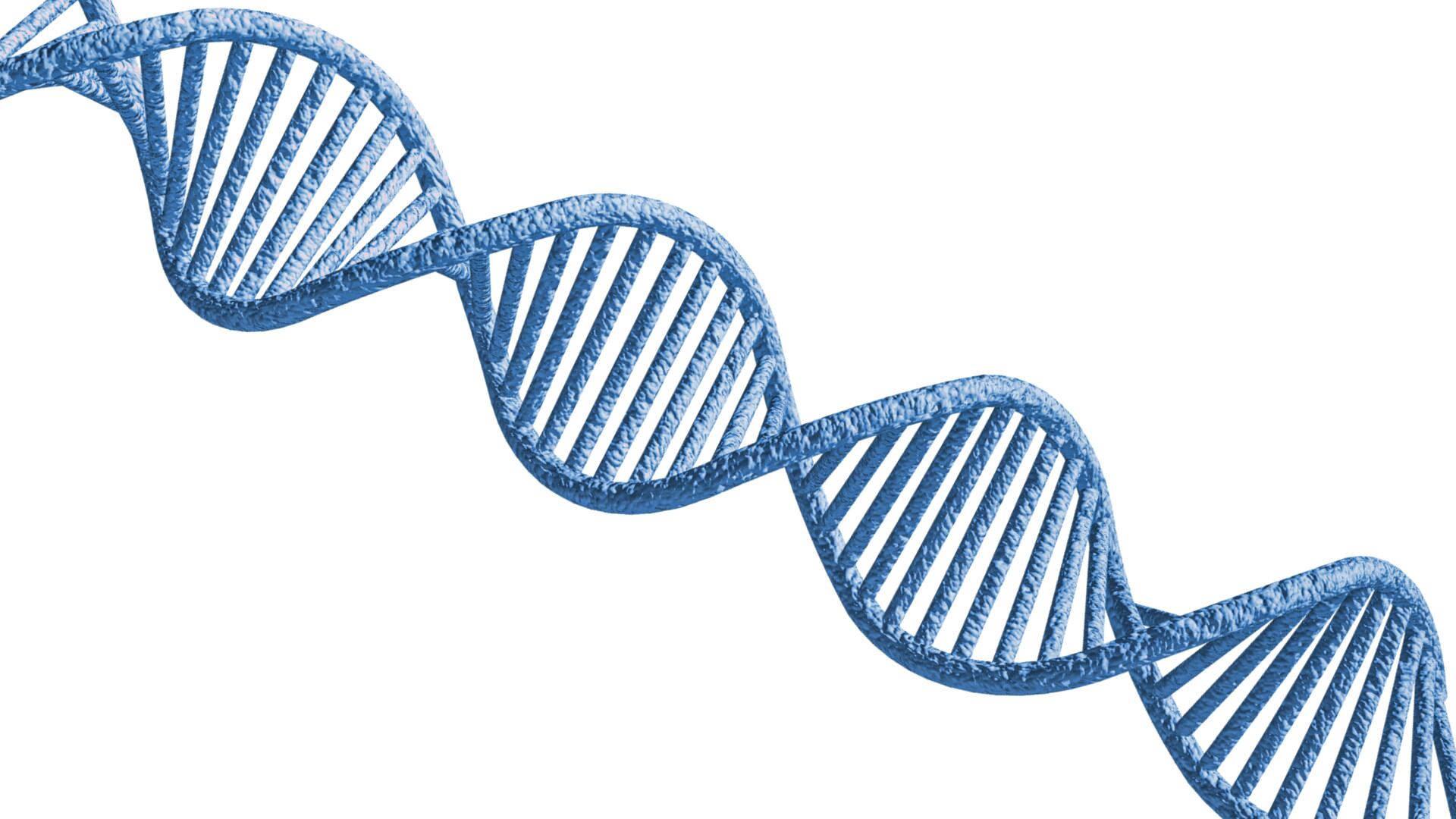A new study has found that most Americans think it's OK to put tap water in medical devices such as humidifiers and neti pots, but experts say this is unsafe.
The journal Emerging Infectious Diseases found in a survey published earlier this month that 50 percent of respondents said it was OK to use tap water for nasal rinsing. However, because tap water is not sterile, this practice can lead to serious and sometimes deadly brain infections.
"If you think about how we smell, those nerves go directly from the top of our nose up into our brain," Dr. Kara Wada, an allergist and immunologist with the University of Ohio, told Cheddar News. “In some instances, that might be a direct conduit for infection."
Some easy ways to stay safe, Wada explained, include buying distilled water from a grocery store. For nasal rinsing, she advised buying premixed saline solution from a medical supplier.
You can also always boil your tap water and make your own salt-water solution.
"It needs to boil for about one minute," said Wada. "If you're at a higher elevation, that will need to be extended to about three minutes."
She added: "I wouldn't get too scared, but I would also just take these extra steps to ensure that you are doing this safely."
A 7.2 magnitude earthquake was reported in Alaska over the weekend, leading to a brief tsunami warning.
Over 11 million Americans are under a heat advisory, with the extreme weather hitting the southern U.S.
Temperatures in central and southern California could hit 120 degrees Fahrenheit this weekend.
The World Health Organization moved to classify aspartame, the artificial sweetener in diet soda, as a possible carcinogen.
The World Health Organization's cancer agency has deemed the sweetener aspartame — found in diet soda and countless other foods — as a “possible” cause of cancer, while a separate expert group looking at the same evidence said it still considers the sugar substitute safe in limited quantities.
More than a third of Americans were under extreme heat advisories, watches and warnings Thursday as a blistering heat wave that's been baking the nation spread further into California, forcing residents to seek out air conditioning or find other ways to stay cool in triple-digit temperatures.
Tourists in central Athens huddled under mist machines, and zoo animals in Madrid were fed fruit popsicles and chunks of frozen food, as southern Europeans braced for a heat wave Thursday, with a warning of severe conditions coming from the European Union’s space agency.
A new study published in Nature has found that more than 56 percent of the world's oceans have changed color in the past 20 years, and climate change is to blame.
Recently discovered teeth of a two-million-year-old human relative in Africa could give researchers new insight into genetics.
